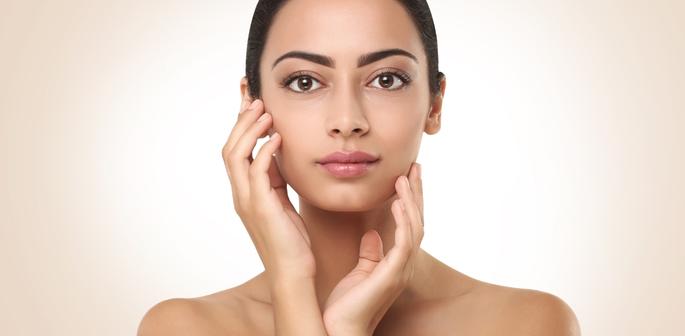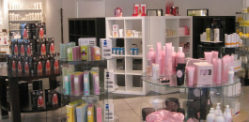Is skincare without parabens worth it?
If you search the internet for skincare ingredients to avoid, you’ll find a plethora of ingredients labelled as toxic or harmful.
While it’s a good thing for us as consumers to get more educated and informed about what we’re applying to our skin, there is much misleading and confusing information out there.
Do labels like ‘sulphate-free’, ‘paraben-free’ or ‘mineral oil free make you feel confused?
Most of the ingredients portrayed as bad may not be the bad guys. This fear-mongering of harmless ingredients has much to do with false marketing claims.
A lot of ingredients have gotten undeserved, bad reputation. Mineral oil is a fine example of such an ingredient.
Every individual has unique skin concerns. What does not irritate your skin might wreak havoc on somebody else’s.
There are certain ingredients that we choose to avoid based on bad experiences or personal preferences.
A ‘no one size fits all’ approach in skincare is certainly wise. However, research proves that there are some common ingredients in most skincare products that may sensitise or damage the skin.
As South Asians, we need to be more cognizant about whether the ingredients we expose our skin to might cause irritation or inflammation.
As we hoard melanin in our skin, our skin is more likely to suffer from stubborn hyperpigmentation.
Hyperpigmentation can result from any kind of irritation or inflammation.
To find the perfect ‘product matches’ for our Desi skin, it’s important to first find out which ingredients can or cannot benefit the health of our skin.
The ingredients listed in this article are much debated within the beauty community.
Ahead, we’ll discuss the controversy behind each of these ingredients, so you can decide which of these ingredients deserves a place in your beauty routine.
Mineral Oil
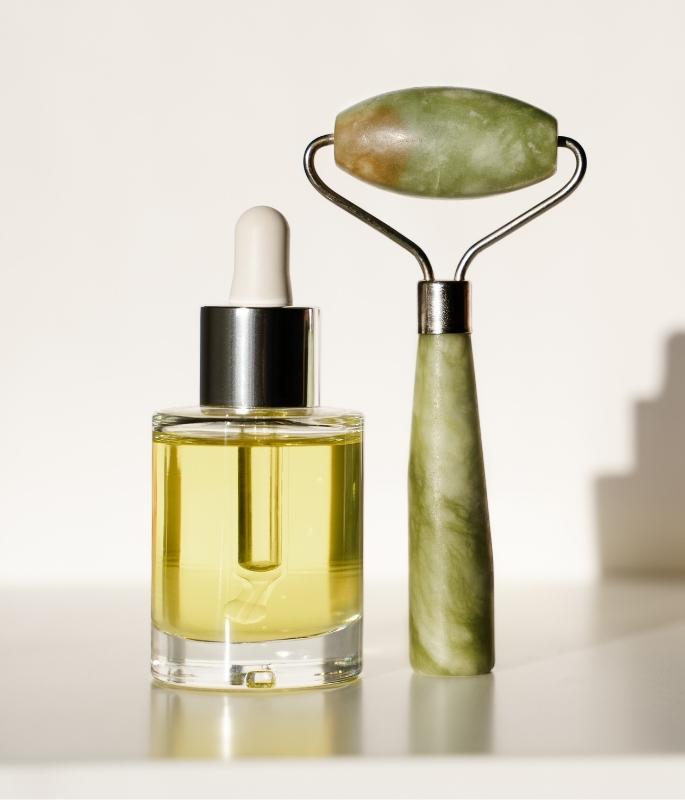 Mineral oil is a highly refined and purified derivative of petroleum or petrolatum also known as petroleum jelly.
Mineral oil is a highly refined and purified derivative of petroleum or petrolatum also known as petroleum jelly.
The use of cosmetic-grade mineral oil as the main ingredient in healing ointments, such as Vaseline, and as a base in many moisturisers is because of its skin smoothening and softening abilities.
Since it is an ‘occlusive’ ingredient, it sits on top of the skin, helping to retain hydration. It is perfect for those with dry, or dehydrated skin types.
Cosmetics-grade mineral oil and petrolatum are considered the safest, most non-sensitizing moisturising ingredients ever found.
So why did mineral oil become a controversial ingredient? The controversy around this ingredient is because of concerns about it being pore-clogging and impure.
When in reality, it is a highly purified and refined derivative of petroleum and doesn’t contain the impurities that petroleum does.
It is non-comedogenic by itself, however, as it’s an occlusive ingredient, it may trap other ingredients on the skin, potentially leading to clogged pores.
While the possibility of mineral oil clogging your pores is low, it’s still a good idea to proceed with caution if your skin is acne-prone. Avoid it especially if you’re milia or fungal-acne prone.
Synthetic or Natural Fragrance
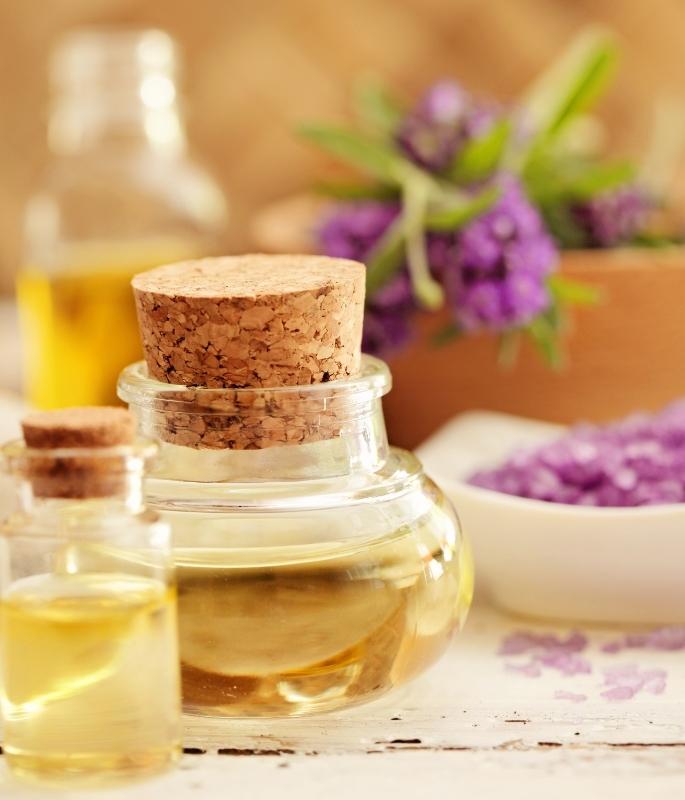 Who doesn’t love nice-smelling products? They give the sense of an ultimate self-care experience.
Who doesn’t love nice-smelling products? They give the sense of an ultimate self-care experience.
Fragrance or Parfum is an umbrella term for a cocktail of ingredients used by the cosmetics industry. It can be natural or synthetic, or a combination of both.
Since fragrance is not just one single ingredient, but rather a ‘cocktail of aromatic ingredients’, we can’t know for sure if it can or will irritate our skin.
The widespread use of fragranced materials in skin care and household products is probably the most important reason for the high incidence of fragrance sensitization.
Fragrance is one thing that people with sensitive skin are frequently sensitive to.
However, if you enjoy fragrance in your skincare products and find no problem with them, then there’s no compelling reason to avoid it.
But keep in mind that too much fragrance can be a bad thing, and may lead to skin conditions such as contact dermatitis.
If you’re one of the better safe than sorry type of people, yet you enjoy fragrance in your products then the following approach will benefit you.
Avoid highly fragranced leave-on products, such as serums, creams and lotions, that are not meant to be washed off and stay on the skin.
You may use nice-smelling wash-off products, with relatively higher concentrations of fragrance in them.
Skincare products that are not meant to stay on the skin, such as face washes, or soaps can have a higher concentration of fragrance in them, and yet not cause much irritation.
Essential Oils
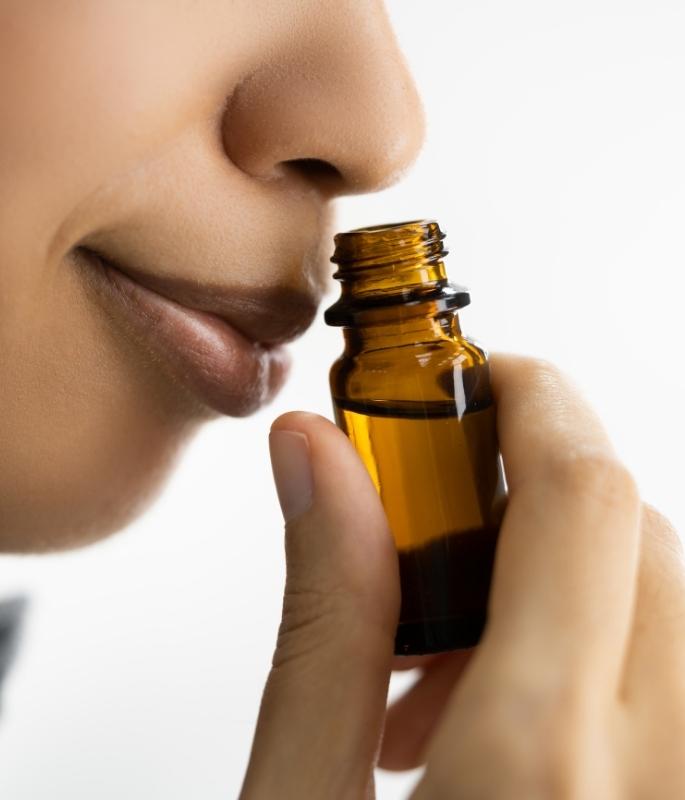 Essential oils are plant-extracted oils that are highly concentrated. They’re the aromatic ‘essence’ of a plant, hence the name essential oils.
Essential oils are plant-extracted oils that are highly concentrated. They’re the aromatic ‘essence’ of a plant, hence the name essential oils.
They are often added to skin care products for fragrance, or for the antibacterial properties they may have.
While essential oils have undeniable aromatherapy benefits, their use in skincare is controversial.
Even though in diluted doses, some essential oils, like tea tree oil, can have some benefits for your skin.
Most of them can wreak havoc on your skin, especially if your skin is sensitive.
The benefits of essential oils for skin are exaggerated so it’s incredibly easy to fall into the trap of essential oil marketing.
However, the benefits of essential oils that are so greatly advertised do not outweigh their risks.
Tea tree oil is an essential oil that can be beneficial for the skin if used the right way.
It has anti-inflammatory, antibacterial and antioxidant properties. It’s a well-known acne-fighter.
Products that combine skin-soothing ingredients with very low percentages of these oils may be less irritating than products with harsh ingredients, like drying alcohols or harsh surfactants, combined with essential oils.
The irritating side effects of essential oils include contact dermatitis, dryness, redness, and itchiness.
Non-fragrant plant oils prove to be more beneficial for the skin with none of the irritating aspects associated with essential oils.
Sodium Lauryl Sulphate
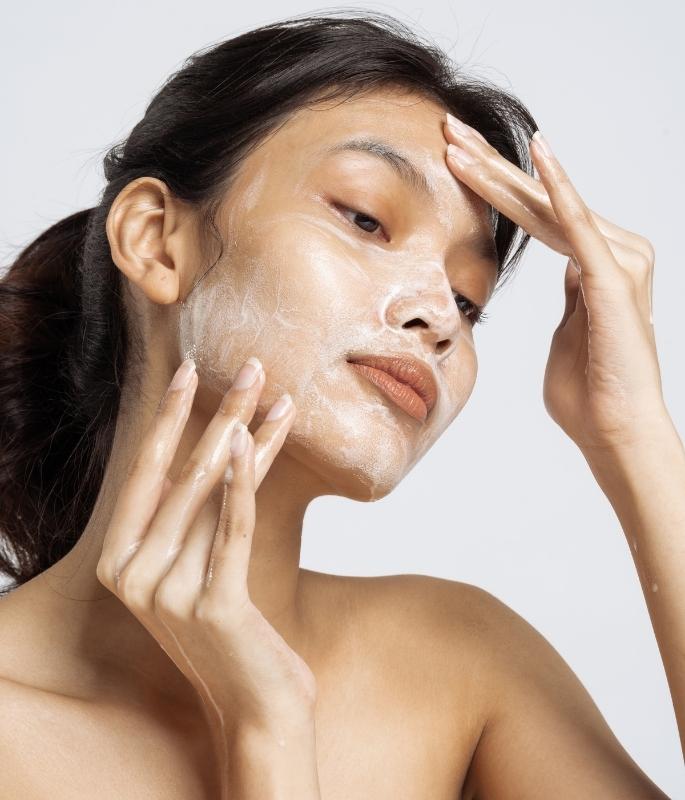 Surfactants are cleansing agents that lift away dirt and grime. Sodium lauryl sulphate (SLS) is also a surfactant, though a much harsher one.
Surfactants are cleansing agents that lift away dirt and grime. Sodium lauryl sulphate (SLS) is also a surfactant, though a much harsher one.
SLS is a superb cleansing agent, it foams up quite well and washes away all the dirt and grime, and hence different cleansers including shampoos and face washes contain it.
However, along with the grime, dirt and excess sebum, it also strips away the natural oils in our skin.
Using cleansers that make your face feel ‘squeaky clean’ and strip your skin of its natural oils is never a good idea.
People nowadays are diverting towards more gentle skin cleansers, and more and more skincare products are proudly labelling themselves as ‘SLS-free’.
Denatured Alcohol
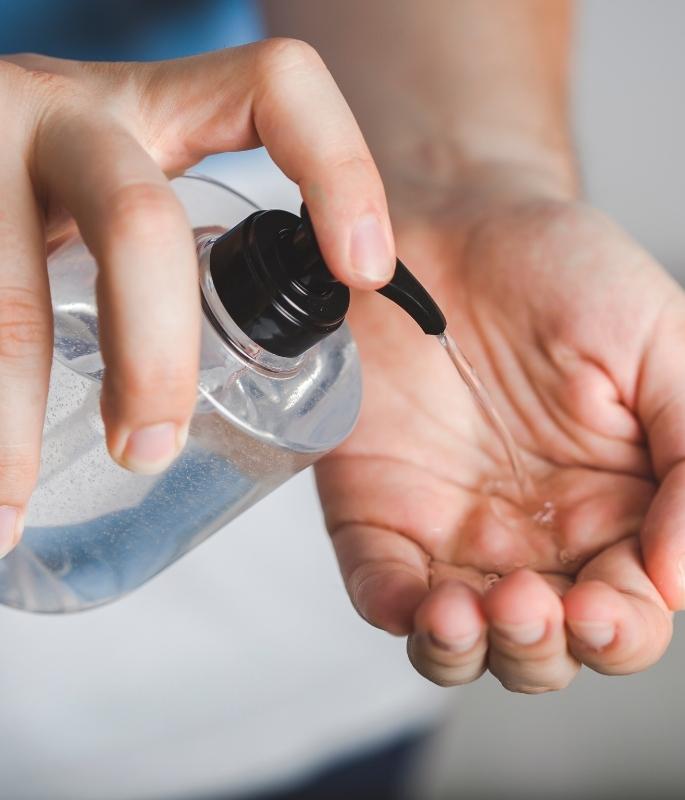 It’s essential to understand the difference between drying alcohols and fatty alcohols.
It’s essential to understand the difference between drying alcohols and fatty alcohols.
Fatty alcohols like Cetearyl alcohol differ greatly from drying, denatured alcohols-like ethanol.
The fatty alcohols serve as emollients and thickeners in products, these are the good, non-drying type alcohols.
The list of these ‘good alcohols’ includes stearyl alcohol, cetyl alcohol, lauryl alcohol, myristyl alcohol, and Cetearyl alcohol.
The drying, stripping type alcohols include ethanol. Ethanol also known as ethyl alcohol is simply drinking alcohol which has been denatured.
These drying-type alcohols are controversial ones, they include SD alcohol 40, denatured alcohol, ethanol, and isopropyl alcohol.
They’re used in beauty products for several purposes, including thinning out a product, dissolving ingredients, and increasing the penetration of ingredients into the skin.
However, it hurls ingredients into the skin by breaking down the skin’s natural barrier.
Some alcohols are pre-included in some ingredients, for example, part of a botanical extract like witch hazel.
While the squeaky-clean, tingling sensation associated with the drying alcohols may gratify some people, it can disrupt your skin and weaken your skin barrier over time.
Not all alcohols are created equal. Some alcohols dehydrate the skin, while some nourish.
If you have melanin-rich skin, it’s best to steer clear of the alcohols in the bad category to prevent any inflammation that may cause or worsen hyperpigmentation.
Parabens
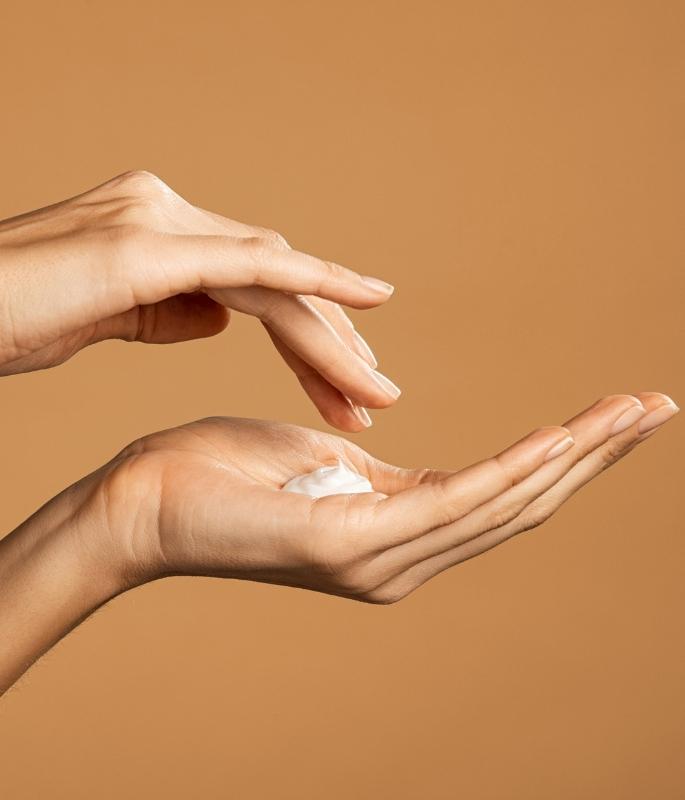 Parabens are a family of preservatives commonly present in your lotions, makeup, and toiletries. They’re used in tiny amounts in such products to preserve their lifespan.
Parabens are a family of preservatives commonly present in your lotions, makeup, and toiletries. They’re used in tiny amounts in such products to preserve their lifespan.
Parabens control the growth of bacteria in personal care products, and sometimes even in food.
They came into the market in the 1950s, and have been a part of our products for a long, long time.
They were initially derived from para-hydroxy benzoic acid (PHBA) which occurs naturally in many fruits and vegetables.
The common parabens used in cosmetics include methylparaben, methylparaben, propylparaben, and butyl parabens.
Many cosmetic formulators believe parabens to be the best preservatives out there.
If parabens are indeed the best preservatives, why are more and more beauty products labelling themselves as paraben-free?
Because of the controversy around parabens having carcinogenic and hormone-disruptive abilities, many products have become paraben free.
There’s still no direct evidence that parabens have ever caused bad hormonal effects in humans, and many studies have failed to find a link between parabens and cancer.
Is skincare without parabens worth it? Considering the safe amounts they are used in cosmetics to extend their shelf-life, there’s no good reason to avoid parabens, except for rare cases of an allergy to them.
Choose ingredients that directly benefit the health of your skin.
Some controversies about certain cosmetic ingredients are amplified or simply insubstantial.
For Desi skin, it’s wiser to be more cognizant of any potentially irritating ingredients that may lead to post-inflammatory hyperpigmentation or scarring, which can take months to fade.




















































